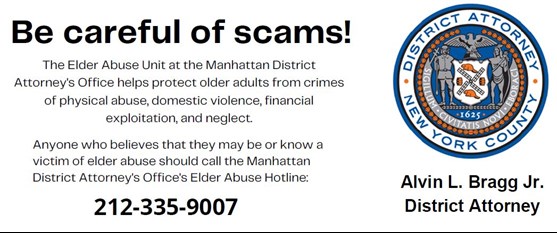How To Protect Your Account
Download Our Mobile App


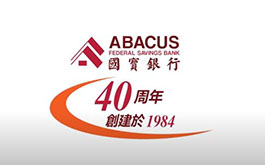
Abacus Bank will NEVER request through email, text, or unsolicited phone call your bank card number, account number, Social Security number, Personal Identification number (PIN) or password.
 |
Lottery Victims are informed that they have won a lottery or a sweepstakes but they will need to make a payment to unlock their prize. Often, scammers will ask for bank or credit card information or payment by phone or check. |
 |
Romance The romance scam is typically perpetrated on a dating website or app, social media, or in-person. The scammer perpetrating the scam convinces the victim that they are in love and uses those emotions to trick the unsuspecting victim to send money,e.g. for a sick child, to save a business, to pay for an airplane trip,etc. The scammer usually requests that the money be provided by wire transfer or credit card. |
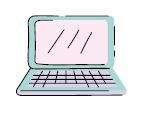 |
Computer / Phone Scammers may call you directly on your phone and pretend to be representatives of the tech team at Apple, Microsoft, or other companies. They might even spoof the caller ID so that it displays a legitimate support phone number from a trusted company. They often ask you to install applications that give them remote access to your device. During the call, scammers often identify or create fake problems and offer to fix your "problems" and ask for payment in the form of a one-time fee or subscription to a purported support service. |
 |
Grandparent Scammers will place a call to an older adult. When the victim answers, they will say something along the lines of: "Hi Grandma.Do you know who this is?" When the unsuspecting grandparent guesses a grandchild of theirs, the scammer assumes that identity to extort money. In a similar version of this scam, perpetrators tell the victim that their grandchild has been arrested abroad and they are unable to pay the bail. |
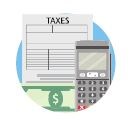 |
IRS / Utility / Car A caller claims to be collecting a past due debt, often from a utility company, the IRS, or as a settlement for a car accident. Victims are threatened with the loss of utilities, possible deportation, or prosecution if they don't make immediate payment by either wiring money, providing their bank or credit card information, or using a pre-paid card. |
  |
COVID-19 COVID-19 scammers falsely advertise a cure or offer bogus tests or vaccines. Scammers also try to steal victim insurance information, money, or both. Never give your personal, medical, or financial information to anyone claiming to offer money or gifts in exchange for your participation in a COVID-19 vaccine survey. |
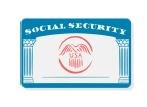 |
Social Security The caller claims to be from the Social Security Administration and demands cash or gift card payments to avoid arrest for purported Social Security number problems. The SocialSecurity Administration will never contact you to tell you:
|
Anyone who believes that they may be or know a victim of elder abuse should call the Manhattan District Attorney'sOffice's Elder Abuse Hotline:
212-335-9007
How to Protect Yourself and Your Loved Ones
- Never give out financial or personal information to anyone who contacts you unsolicited.
- Be wary of callers who demand immediate payment for any reason.
- If it seems too good to be true, it probably is. Never be afraid to ask for a second opinion or more information.
- Request to verify the employment of any worker who asks to enter your home.
- Be suspicious of anyone who claims you have won a contest or lottery that you don't remember entering.
- Never wire money, provide debit, credit card, or bank account numbers to people you don't know.
- Legitimate utility companies and government agencies will never demand payment in the form of prepaid gift cards.
- Family members should be vigilant when hiring caregivers for older adults. They should monitor bank accounts and credit card bills for unusual spending and be on the lookout for any signs of physical abuse.

All Services are free and available to all victims regardless of their immigration status or language needs.

